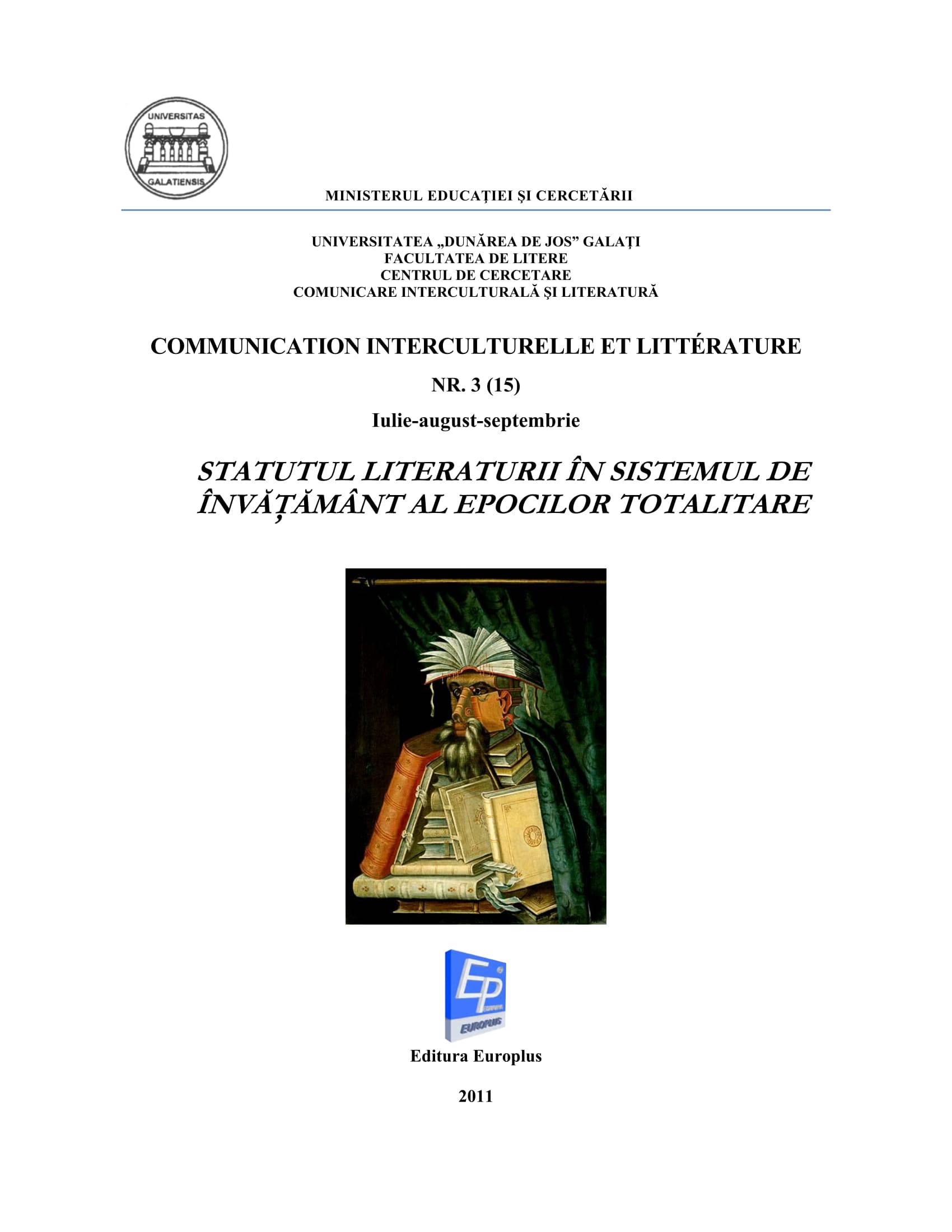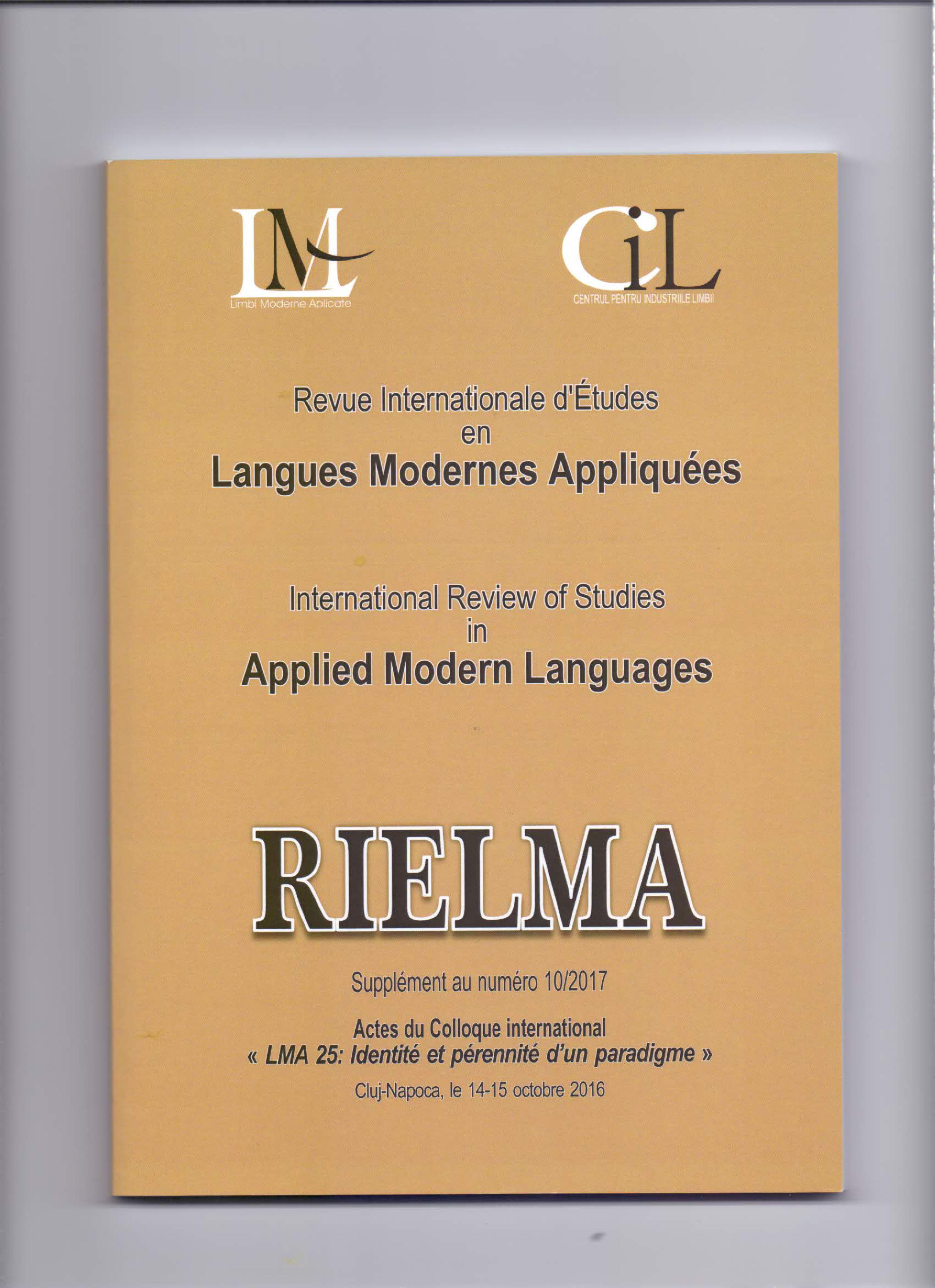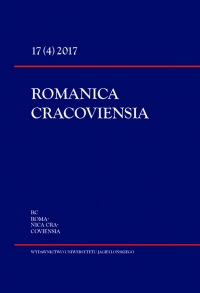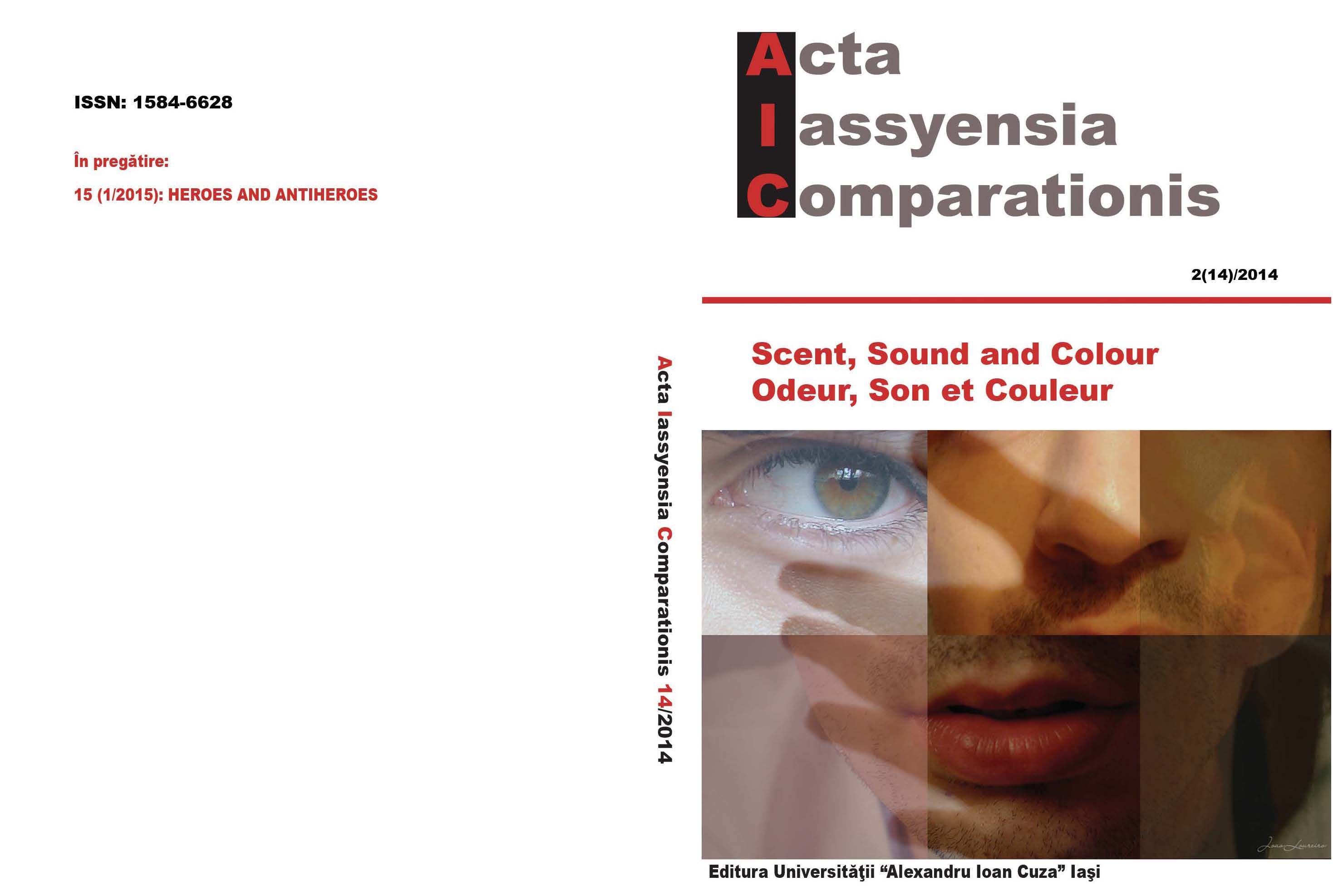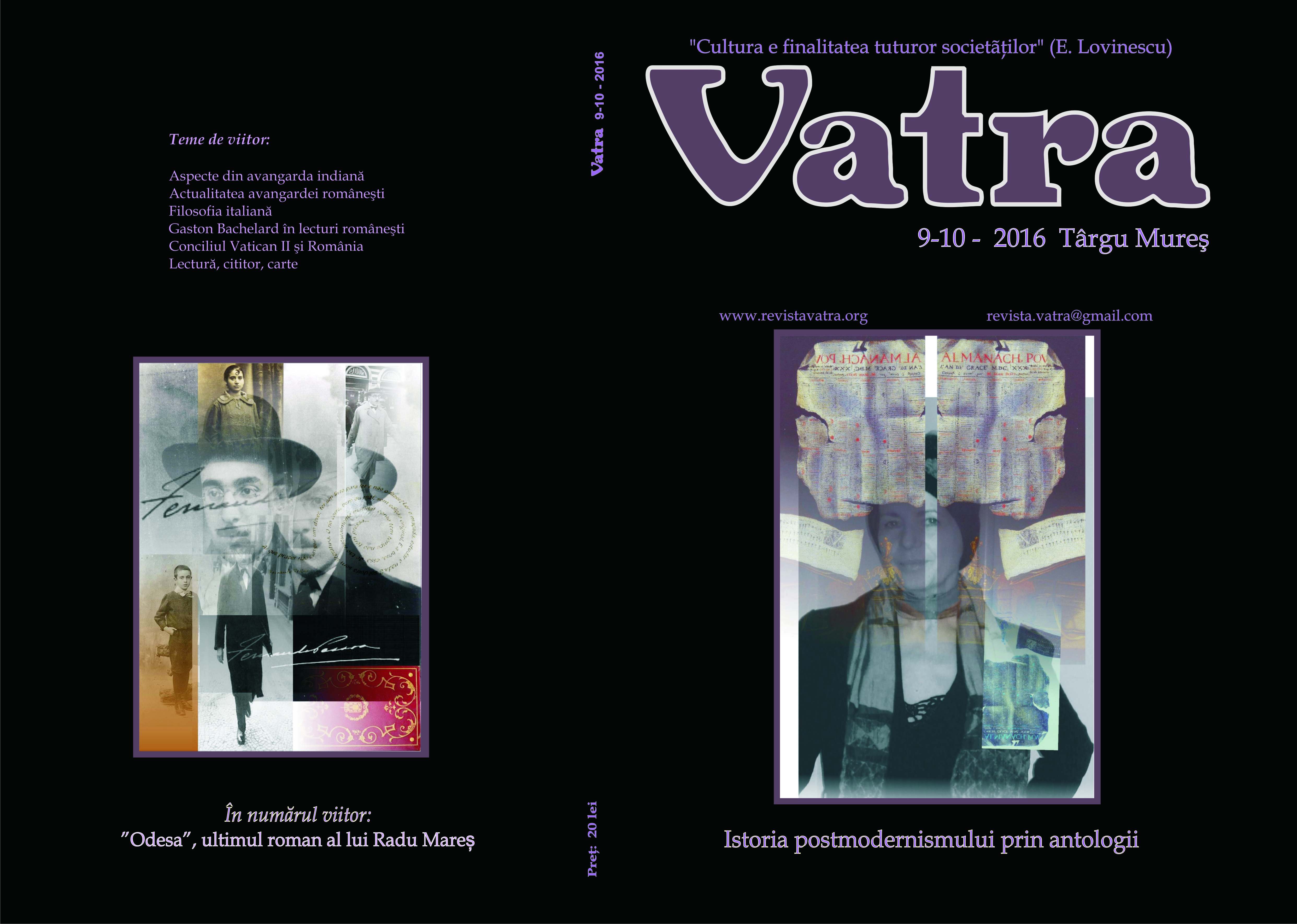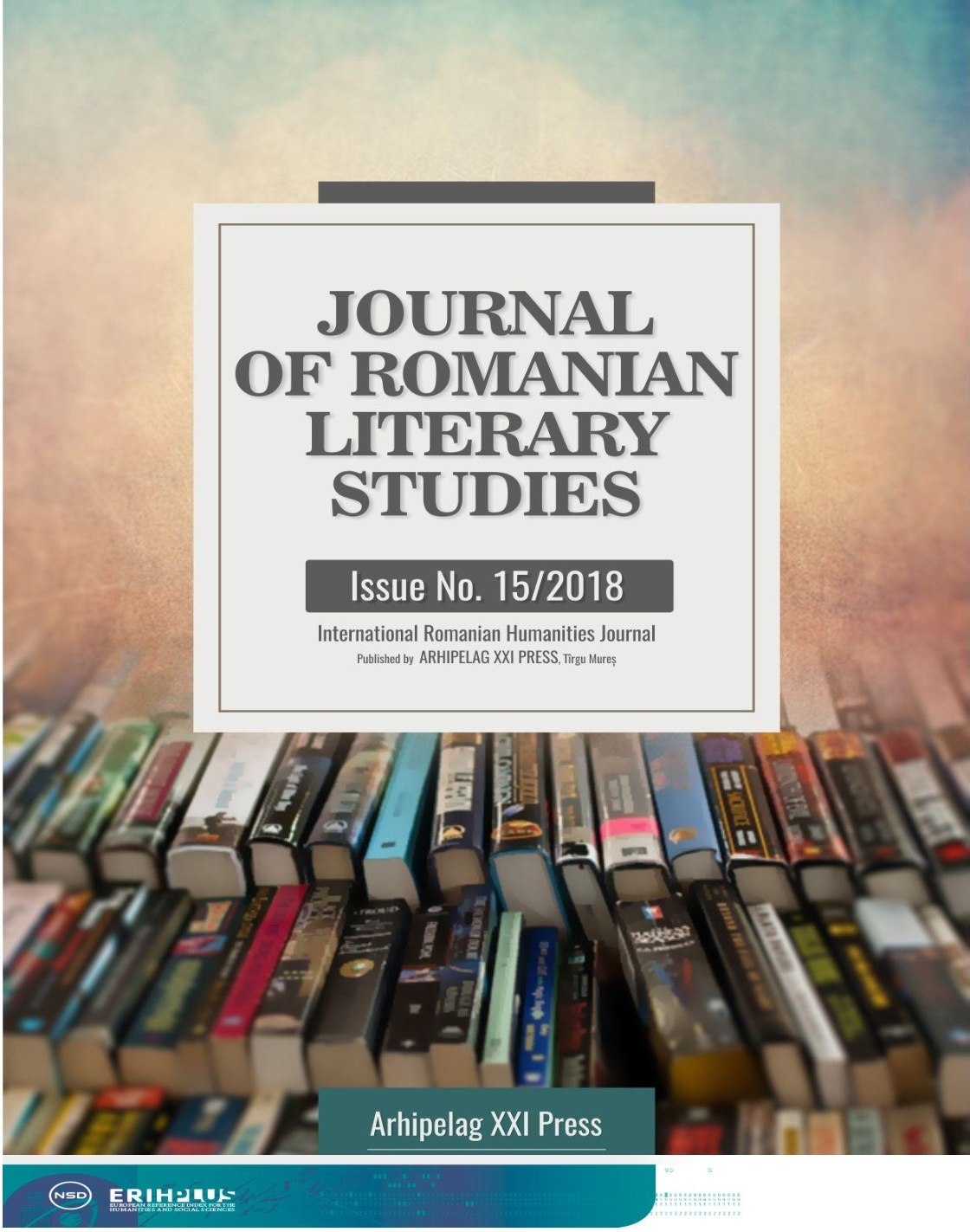Translating Romanian Modern Fairy Tales
At the beginning of the new millennium, the fairy tale genre still preserves its authenticity and freshness appealing to children all over the world. Inspired by traditional folk tales, contemporary writers for young target readership face the dilemma whether to maintain the already consecrated patterns and elements of cultural specificity or to innovate and adapt their literary texts in order to answer the expectations and demands of a different audience. As a consequence, this paper aims at a thorough analysis of Petre Crăciun‘s Basme (Fairy Tales) (2013) and Basme pentru familia mea (Fairy Tales for My Family) (2014) in which the Romanian author purports to ingenuously combine old and new elements frequently tackled from an ironical and practical perspective. Nevertheless, the influence of the original folk tales determines the use of a regional and popular language whose possible translation into English may cause problems and difficulties to be dealt with in the second part of this paper.
More...
